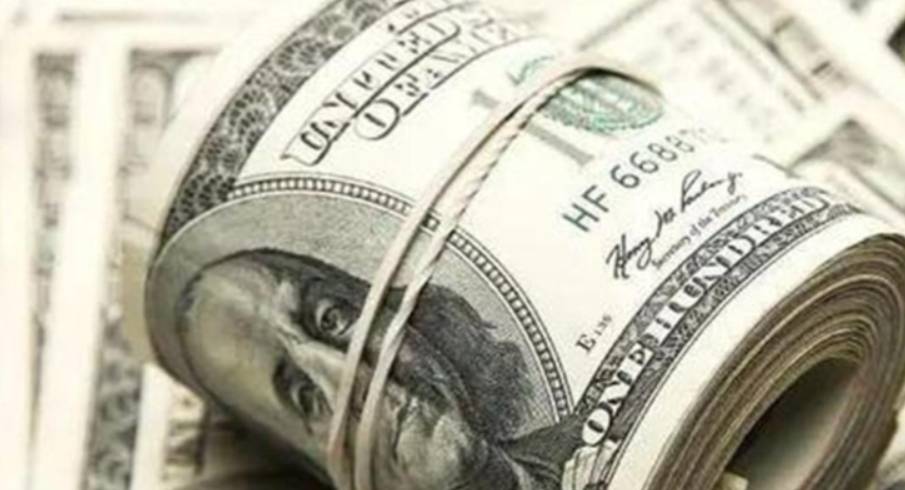RMB vs. USD: Gold as the Key Player!
Advertisements
The contemporary landscape of global finance is witnessing a dramatic transformation, with significant repercussions resulting from the evolving dynamics among three quintessential assets: the Renminbi (RMB), the US Dollar, and gold. As each entity positions itself within the international financial sphere, the interplay between them reveals both the strengths and vulnerabilities inherent to the current economic milieu.
At the forefront of this transformation is the RMB, which has garnered traction as a viable alternative to the traditionally dominant US Dollar. This rise has become a focal point for analysts, policymakers, and investors alike, as it signifies potential shifts in wealth and influence on the world stage. Notably, former US President Donald Trump's advocacy for the legitimization of cryptocurrencies reflects an inclination towards innovative financial instruments aimed at bolstering the Dollar's position amidst burgeoning national debt, pegged at a staggering $36 trillion. However, these aspirations may be overshadowed by strategic actions taken by the People's Bank of China (PBOC), which are reshaping perceptions of currency reliability and financial credibility.
The PBOC's proactive strategy of amassing substantial gold reserves while concurrently reducing holdings in US Treasury bonds sends a resonant message about the declining confidence in the Dollar and American debt instruments. This maneuver signals to the global community that reliance on any single currency can be precarious, compelling nations—especially those with weaker economic and military standings—to reconsider the role of gold as a fundamental bastion of trust within their financial frameworks. Historically, in times of uncertainty, gold has served as a haven, offering solace to investors in turbulent times and reaffirming its intrinsic value as a store of wealth.

As the landscape shifts, the relationship between the Dollar and gold is undergoing rigorous re-evaluation. Despite continuous efforts by the Federal Reserve and the US Treasury to uphold the sanctity of the Dollar, actions stemming from the PBOC seemingly challenge that status quo. For instance, the correlation typically observed between gold prices and the yields on US Treasuries has dramatically changed; this indicates a broader skepticism regarding the Dollar's stability and reliability. Moreover, the emergence of Bitcoin as a digital asset also adds an intriguing layer of complexity to this narrative. Although some view Bitcoin as a potential rival to the Dollar, Federal Reserve Chairman Jerome Powell has articulated a differing standpoint, suggesting instead that Bitcoin's competition lies predominantly with gold.
This paradigm shift instigates essential questions regarding the trajectory of the Dollar's supremacy. Analysts are beginning to suggest that we may be on the cusp of a significant devaluation of the Dollar, further complicated by a global environment that exhibits wariness towards traditional financial instruments. Tariffs and protective economic measures, instead of fostering confidence, have precipitated an escalation of doubts surrounding the US currency's resilience. Concurrently, capital from foreign markets, particularly in the Middle East and Europe, is adopting a more cautious stance toward the Dollar and Bitcoin, raising apprehensions about participating in an over-inflated market.
Investment firms are now recommending a sell-off of the Dollar, driven by a belief that prudent investors should reevaluate their currency strategies. The ramifications of this advice extend beyond individual portfolios, shaping the broader contours of international finance. With such volatility, the configuration of global capital flows is becoming increasingly unpredictable. Nations and investors alike must grapple with the implications of these financial directives, which carry weight not only on an economic scale but also deeply influence geopolitical relations.
As we contemplate the future of global finance, the stage is set for profound change. The ascent of the Renminbi—and its potential to challenge the Dollar's historical dominance—represents more than just a monetary shift; it underscores the transformations in power dynamics, economic strategies, and diplomatic relationships worldwide. As countries recalibrate their currency positions, gold reemerges not only as a historical asset but as an essential player in the navigation of financial uncertainties.
In conclusion, the ongoing recalibrations within the financial world invite us to reassess our understanding of wealth, power, and stability. It is crucial for nations and investors to consider adaptive strategies that account for the evolving currency landscape marked by the interactions of the RMB, Dollar, and gold. The global economic future remains uncertain, yet as we embrace cooperation and innovation, the prospects for a balanced and prosperous financial environment may emerge, invigorating the global economy with diversity and resilience.
Leave a comment: